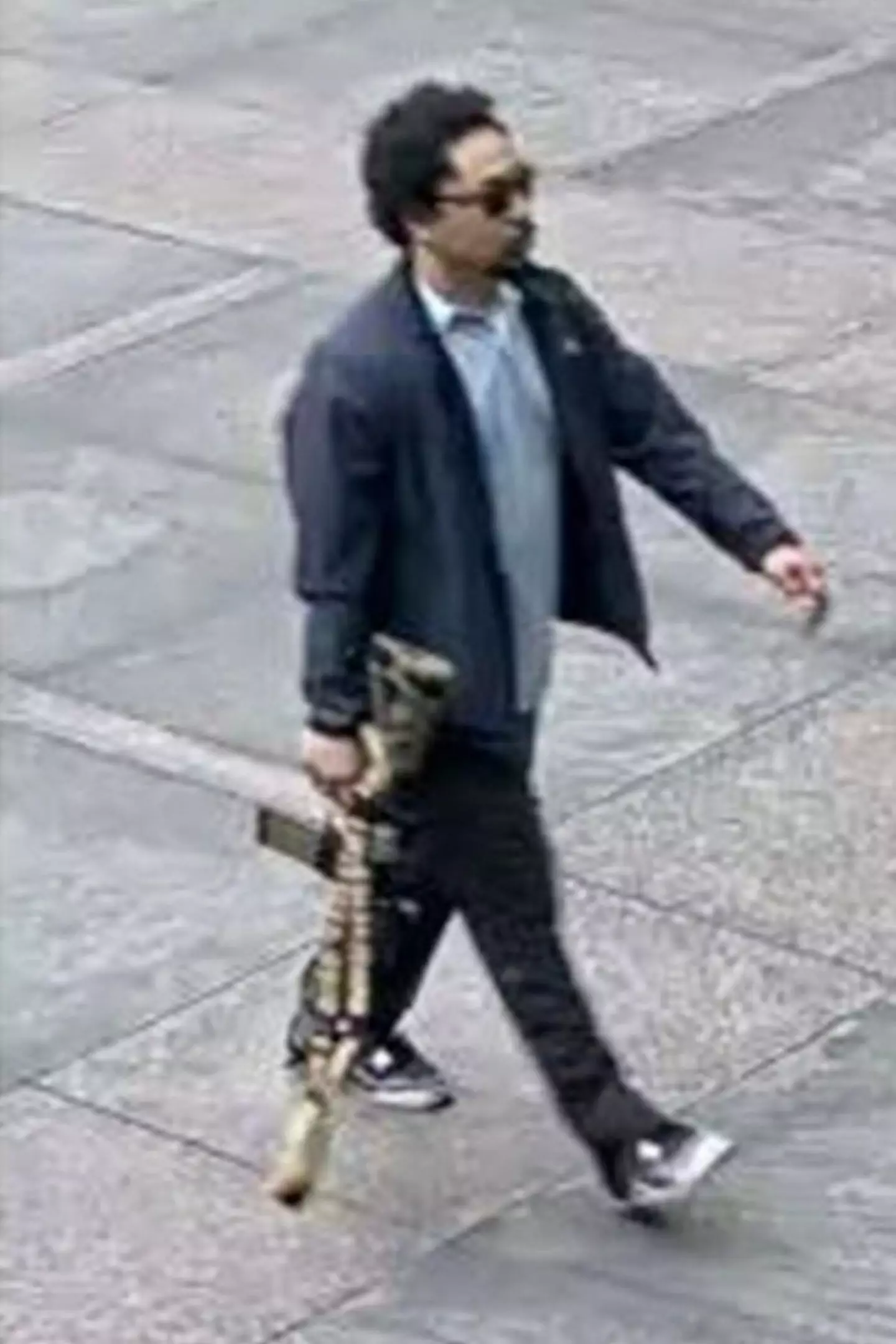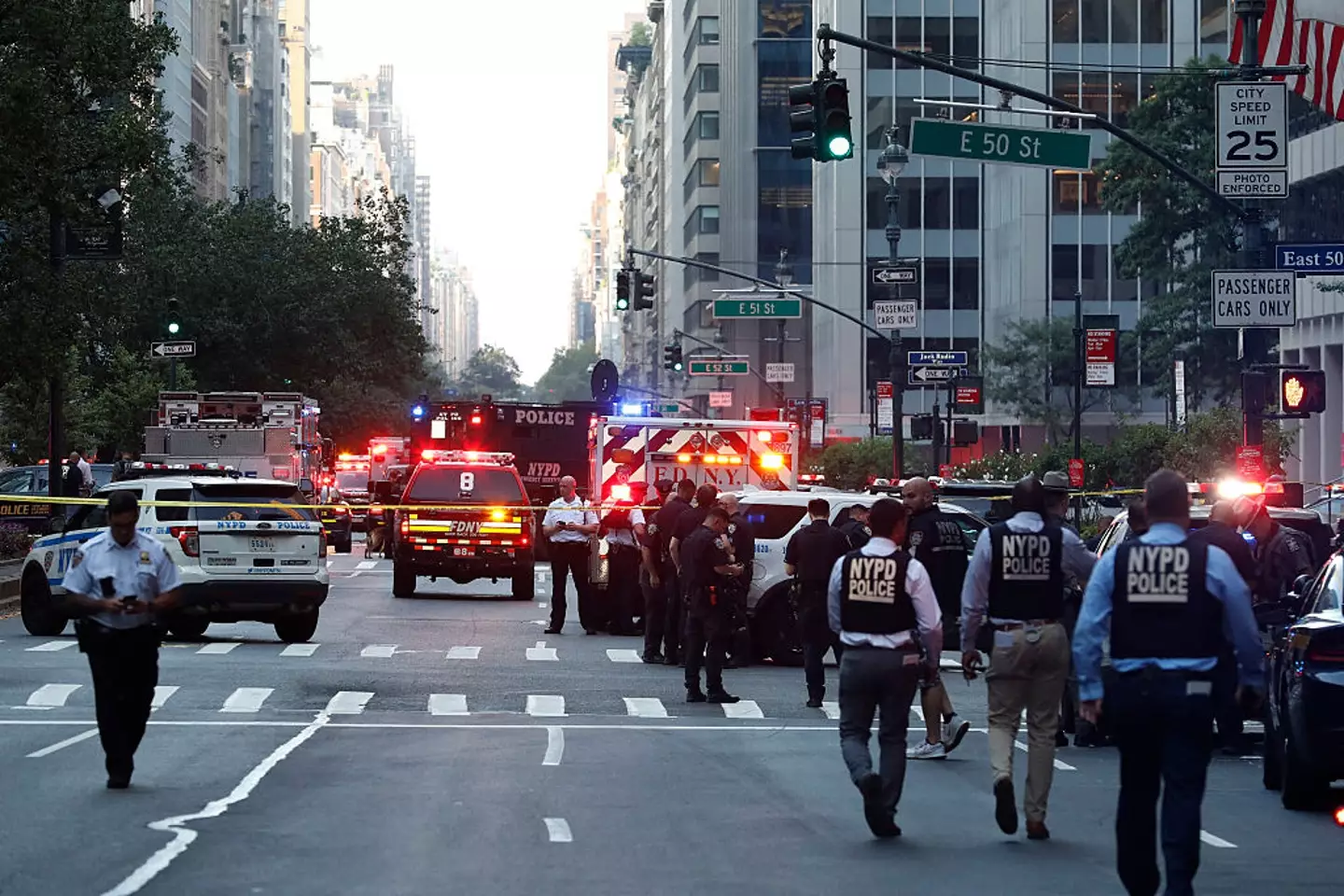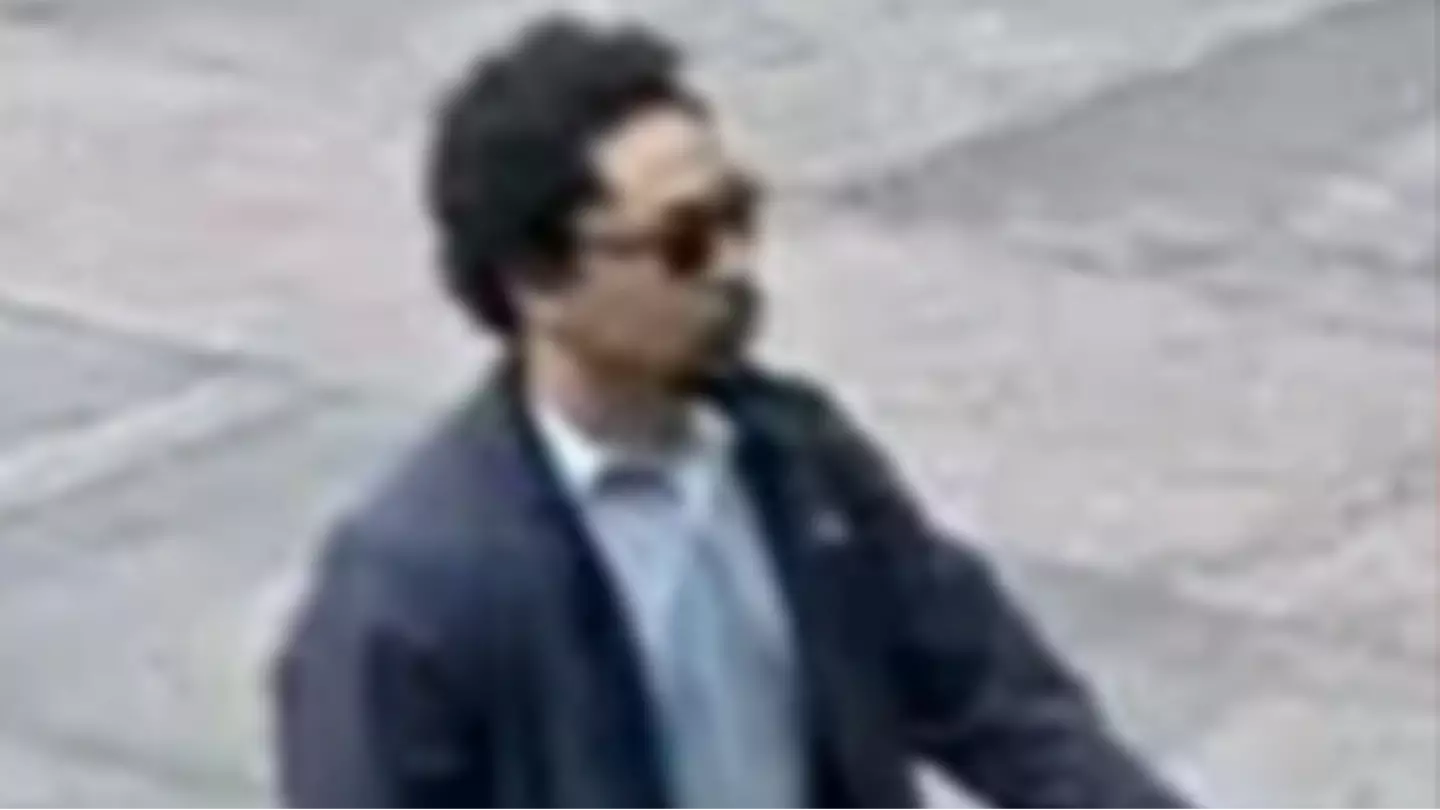The recent shooting incident in a New York office building has left many shocked and searching for answers. Shane Devon Tamura, the suspected gunman, tragically ended the lives of four individuals before turning the weapon on himself. This incident has brought to light many questions about Tamura’s background and motives.
Authorities in New York revealed that Tamura, who had a known mental health history, traveled from Las Vegas to Manhattan. His journey concluded with a violent act at 345 Park Ave., where he entered the building around 5:50 p.m. on July 28, after parking his black BMW outside.
During a press conference, New York Police Commissioner Jessica Tisch stated that Tamura was armed with an M4 assault-style rifle and immediately targeted a male NYPD officer upon entry.
He then shot a woman before proceeding to the 33rd floor, where another person was killed.

Commissioner Tisch confirmed that four people were killed in this horrifying attack, and Tamura ultimately took his own life. Another male victim was hospitalized in critical but stable condition. Additionally, four individuals suffered minor injuries while attempting to escape.
Among the victims was NYPD officer Didarul Islam, aged 36, who has been hailed as a hero by city officials.
New York City Mayor Eric Adams praised Islam, stating, “He loved this city and everyone we spoke with stated he was a person of faith and a person that believed in God and believed in living out the life of a godly person.”
Investigating further, law enforcement found a loaded revolver, a rifle case, ammunition, and prescribed medication in Tamura’s car, as reported by CNN.
The investigation into Tamura’s actions and motivations is ongoing, with a note found on him indicating a ‘chilling final request’.

Authorities identified the shooter as 27-year-old Shane Devon Tamura, who had a firearm license in Nevada. A CNN law enforcement analyst explained the general requirements for obtaining such a license.
CNN also noted Tamura’s past as a competitive football player, with acquaintances describing him as a ‘nice guy’ and ‘good athlete’.
“When I knew him, he was a great teammate. He was a great guy in general,” an anonymous source told KABC. “He didn’t cause any problems, actually at all, in the locker room or on the field. He was just a guy that really enjoyed the sport, not problematic at all.”
Former classmate Caleb Clark told NBC News, “You never would have thought violence was something you’d associate with him. Everything he said was a joke.”
Anthony Michael Leon, an ex-teammate, recalled, “I’m telling you, this was one of those kids who never exerted bad energy or a negative attitude. He was quiet, but when he did actually talk, people listened.”
FBI deputy assistant director Christopher Raia mentioned that initial checks revealed no significant information about Tamura but assured that updates would be shared as available.
ABC News reported Tamura’s history of Mental Health Crisis Holds in Nevada, with incidents in 2022 and 2024.
.jpg)
The tragic event occurred in the headquarters of notable companies like the NFL, Blackstone Inc., KPMG, and Rudin Management. A note found with Tamura reportedly suggested struggles with Chronic Traumatic Encephalopathy (CTE).
The note, which allegedly detailed Tamura’s battle with CTE, made a reference to Terry Long, a former NFL player who suffered from the same condition and ended his life similarly.
The note also included a message for someone named ‘Rick,’ though the individual’s identity remains unclear.

The Mayo Clinic identifies CTE as a rare condition caused by repeated head injuries. It is only diagnosable post-mortem and presents symptoms like aggression, depression, and suicidal tendencies.
This progressive disease is linked to dementia, with research indicating increased risk for those with early-life head trauma. The Boston University CTE Center found the condition in 345 of 376 studied former NFL players.
Anne McKee of the BU CTE Center stressed the importance of seeking treatment for symptoms, stating, “Your symptoms, whether or not they are related to CTE, likely can be treated, and you should seek medical care.”

